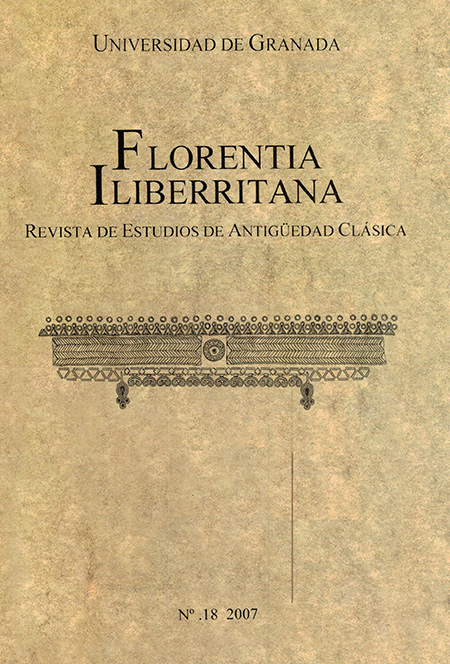Plauto y Terencio en el Renacimiento español: la Tragicomoedia Gastrimargus de Jaime Romañá
Keywords:
Plauto, Terencio, Renacimiento español, teatro latino, comedia humanística, Romañá/RornanyàAbstract
The influence of Plautus and Terence in the Spanish Renaissance was slight. The ideological circumstances of 16th century Spain did not encourage the development of humanistic thought. And although there is a significant difference between the situation in the first half of the century and that of the second, we cannot speak of the existence of a Spanish Humanism in the full sense of the term. Thus the comic writers of Antiquity were studied at the university, but they were not taught in schools run by religious orders, especially by the Jesuits. Despite this, the influence of Plautus and Terence can be seen in several works, of which only a few, unfortunately, have survived. In this context, the survival of such a comedy as the Gastrimargus is an exception and provides a good example ofwhat Latin humanistic comedy in 16th century Spain might have been like. The work has been published in the electronic journal TeatrEsco. The following article provides an introduction 'on paper' to its relevance.Downloads
Downloads
Published
2007-03-06
How to Cite
Molina Sánchez, M. (2007). Plauto y Terencio en el Renacimiento español: la Tragicomoedia Gastrimargus de Jaime Romañá. Florentia Iliberritana, (18), 311–331. Retrieved from https://revistaseug.ugr.es/index.php/florentia/article/view/4150
Issue
Section
Artículos












